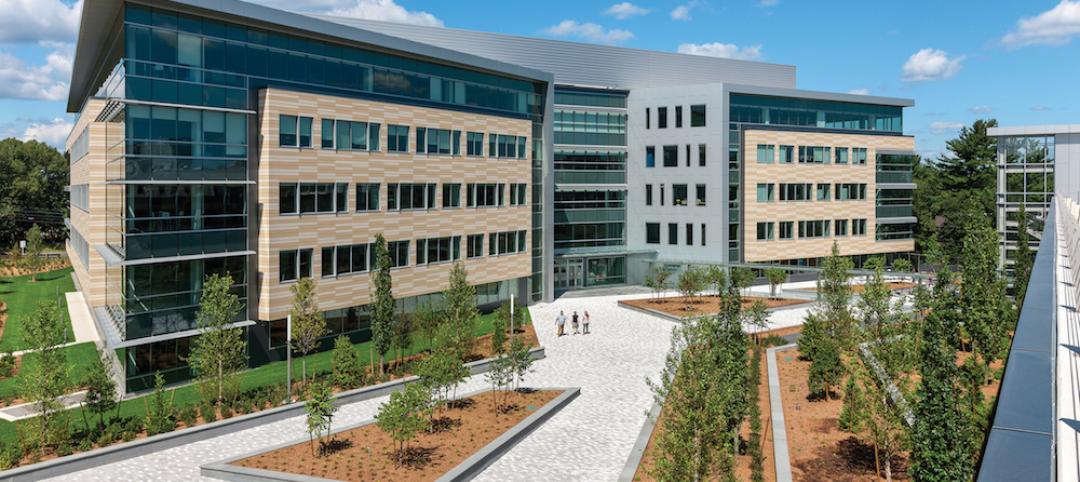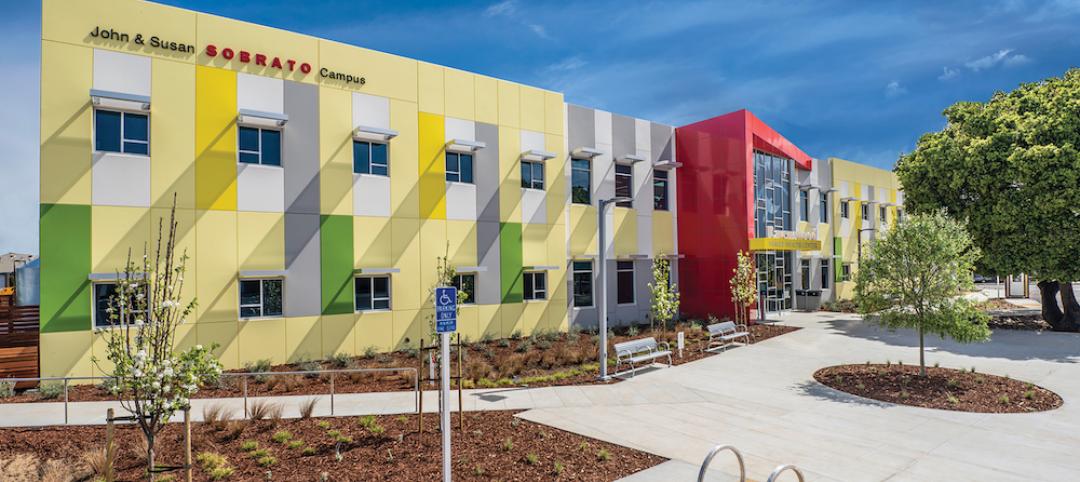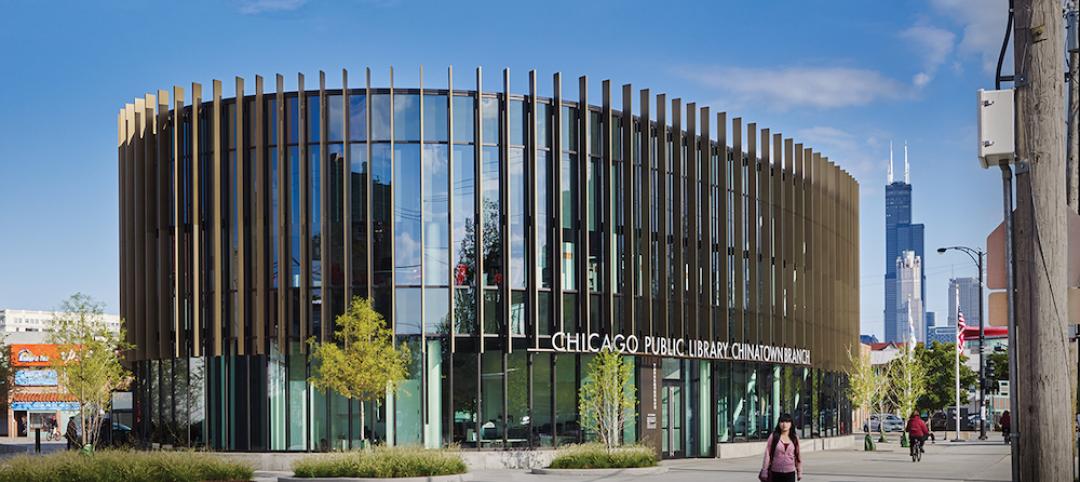SAN JOSE, CA (March 8, 2011) - CRS Roof Consultants, the leading Independent Roof Consulting Firm and authority on Commercial Roof System Investments reports industry losses on the consumption side of the equation. Buyers will be loosing between $2.6B and $5.6B annually, in roof system value by the year 2014.
According to a Freedonia Group, the US Roofing Industry is expected to expand by 2.4% through 2014 reaching nearly $18B in value. Additional reports suggest material cost will rise by 4.5% over the same time period.
Industry Life-Cycle Reports indicate roof systems worldwide fail on average in about 17 years. CRS Roof Consultants who tracts regional life-cycles says dryer states like California experience much shorter life-cycle averages, closer to 14 years for commercial roof systems.
Combined, the numbers represent a 15% to 32% in loss value on the purchase of 20/25 year assets respectively. "Total losses depend on buyer perceptions as to the expected Life-Cycle", said Kevin Cardoza, a Senior Analyst at CRS Roof Consultants. Most consumers (residential and commercial) expect to get closer to 25 years out of a 20 year roof system. Industry reports on premature failures as low as 12 years with an average of 17 years indicate a huge loss in value for buyers.
The installation of Roof Systems entail various components that are assembled to manufacture a complete roof system on-site at building locations. The only available controls close to an equivalent ISO9000 are certifications required by some material manufacturers, which only apply to contractors who offer the manufacturers' extended warranties.
Inefficiencies and generally accepted roof practices at the point of installation account largely for early water intrusion issues, said Dale Rowe (RRO), an Independent Registered Roof Observer and Inspector. Buyers leave the details up to contractors who write bid proposals where architects and general contractors reference warranty specifications but leave out critical roofing project details.
Statistically, roof systems installed in accordance with a set of defined performance rules under a complete roofing project specification outpace expectations and last from twenty to thirty years. Real Estate Investors, Management and Tenants whom adhere to roof system performance objectives tend to reduce long-term asset maintenance expense.
The ratio of Commercial Buildings and Annual Roofing Projects to the number of Independent Roof Consulting Firms suggest only a fraction of all Roof System Investments are based on Bid Specifications that define and hold contractors accountable for installation/labor warranty performance.
A well written Roofing Project Bid Specification can run $10K-$12K and save $60K-$80K on a Commercial Building but many private investors and smaller real estate investment firms view it as unnecessary expense. So, it's not unusual to see a barrage of abandoned rooftop assets from a history of rotating tenants and out of control roofing expense.
Only a few tenants (ie: Home Depot, Safeway, Best Buy, etc.) who's entire building is dedicated to product storage for immediate delivery implement Rooftop Asset Management Programs. Short term office and R&D building occupants seldom return rooftop assets (including that space below roof substrates) to their original condition as required by triple net leases.
Tight credit markets and reduced flipping have real estate investors moving more towards a value based approach to roofing. "We've seen increased demand for both Written Roofing Project Specifications and Project Management in the commercial markets but Home Owner Associations remain resistant to higher cost on those projects" said Construction Performance Builders, Inc. President, Terrence Osuga.
About CRS Roof Consultants
CRS Roof Consultants, the nations leading Independent Roof Consulting Firm. Established in 1986, its headquarters remain in the heart of Silicon Valley (San Jose, California) where it services national clients. As an authority on Commercial Roof System Investments, CRS Roof Consultants publishes information and technical papers that outline and educate readers on best roofing practices for property owners, investors, asset managers and property managers in the commercial real estate industry.
For more information about CRS Roof Consultants, the Roof Inspection White Paper or to obtain a free copy, visit: http://www.CRSRoofConsultants.comhttp://www.CRSRoofConsultants.com
Related Stories
Building Team Awards | May 26, 2016
Cimpress office complex built during historically brutal Massachusetts winter
Lean construction techniques were used to build 275 Wyman Street during a winter that brought more than 100 inches of snow to suburban Boston.
Building Team Awards | May 25, 2016
New health center campus provides affordable care for thousands of Northern Californians
The 38,000-sf, two-level John & Susan Sobrato Campus in Palo Alto is expected to serve 25,000 patients a year by the end of the decade.
Building Team Awards | May 24, 2016
Los Angeles bus depot squeezes the most from a tight site
The Building Team for the MTA Division 13 Bus Operations and Maintenance Facility fit 12 acres’ worth of programming in a multi-level structure on a 4.8-acre site.
Building Team Awards | May 23, 2016
'Greenest ballpark' proves a winner for St. Paul Saints
Solar arrays, a public art courtyard, and a picnic-friendly “park within a park" make the 7,210-seat CHS Field the first ballpark to meet Minnesota sustainable building standards.
Building Team Awards | May 19, 2016
Chinatown library unites and serves two emerging Chicago neighborhoods
The 16,000-sf, pebble-shaped Chinatown Branch Library was built at the intersection of new and old Chinatown neighborhoods. The goal is for the building to unite the communities and serve as a catalyst for the developing area.
Building Team Awards | May 19, 2016
NYC subway station lights the way for 300,000 riders a day
Fulton Center, which handles 85% of the riders coming to Lower Manhattan, is like no other station in the city’s vast underground transit web—and that’s a good thing.
Retail Centers | May 10, 2016
5 factors guiding restaurant design
Restaurants are more than just places to eat. They are comprising town centers and playing into the future of brick-and-mortar retail.
AEC Tech | May 9, 2016
Is the nation’s grand tech boom really an innovation funk?
Despite popular belief, the country is not in a great age of technological and digital innovation, at least when compared to the last great innovation era (1870-1970).
Big Data | May 5, 2016
Demand for data integration technologies for buildings is expected to soar over the next decade
A Navigant Research report takes a deeper dive to examine where demand will be strongest by region and building type.
Urban Planning | May 4, 2016
Brookings report details how different industries innovate
In the new report, “How Firms Learn: Industry Specific Strategies for Urban Economies,” Brookings' Scott Andes examines how manufacturing and software services firms develop new products, processes, and ideas.
















